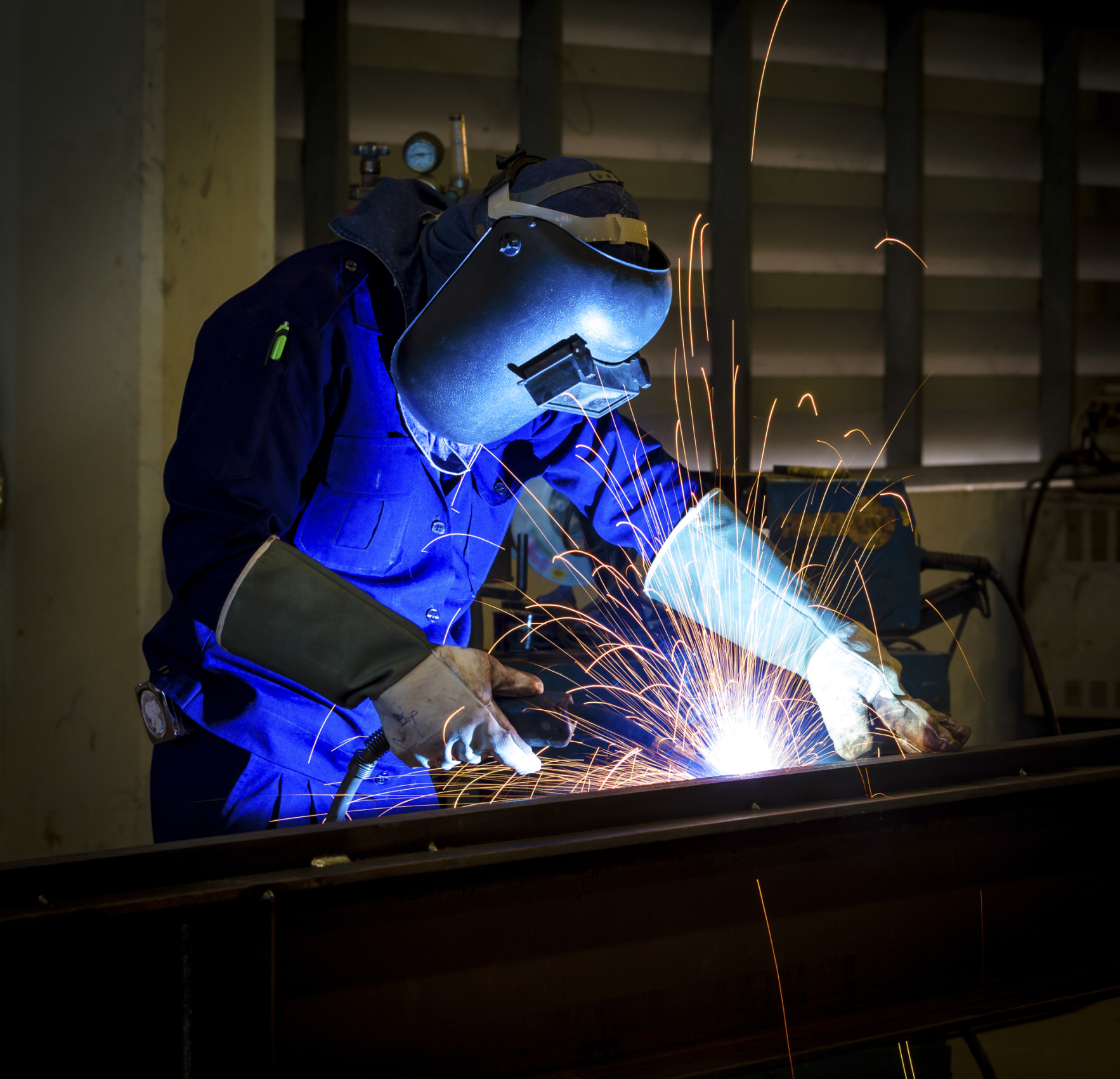
Unless you work in an industry where the term is commonly used, the notion of “hot work” could mean getting out on a roof in the middle of July. Hot work is defined by the U.S. Chemical Safety Board (CSB) as burning, grinding, cutting, welding or similar spark-producing operations that can ignite fires or explosions, especially around storage tanks that contain flammable materials. Hot work accidents in a variety of industries, including food processing, pulp and paper manufacturing, oil production, fuel storage and waste treatment.
Hot work, despite significant safety efforts undertaken by the CSB, causes numerous fatalities every year. The CSB has been tracking and investigating these accidents since 2001, when a spark from hot work involved in catwalk repairs above a Delaware sulphuric acid storage tank ignited the flammable vapor in the tank.
In 2011, an explosion killed one contractor and severely injured another in Buffalo, New York, when the men were performing welding on top of a 10,000 gallon slurry tank. After investigating, the CSB reported that the primary cause of the explosion was the failure of the company to require monitoring of the interior of the storage tanks for flammable vapour.
Just a few weeks ago, an explosion in Mississippi killed one worker and injured three others when they were performing welding operations on a tank that was supposed to be empty.
In an effort to reduce fatalities and injuries from hot work accidents, the CSB recommends that companies take the following precautions:
- When possible, use a method that does not involve hot work to conduct repairs
- Conduct an analysis of the hazards before starting hot work
- Monitor the atmosphere in tanks using properly calibrated gas detectors
- Test the area around work areas where flammable liquids and gasses are stored, even if it is believed that there are no vapors
- Make sure that all hot work is approved beforehand by qualified personnel familiar with the site and its hazards
- Train workers thoroughly on hot work policies and procedures, use of safety equipment, proper use of combustible gas detectors – and do it in a language understood by workers
- Supervise outside contractors. Do not assume that their companies have provided training in hazard identification and prevention
The CSB investigates accidents and makes safety recommendations to companies, unions, the Occupational Safety and Health Administration and the Environmental Protection Agency (EPA). When investigating, the agency, an independent federal agency, looks at all aspects of a chemical accident, including equipment failure and inadequacies in regulations and safety management systems.

